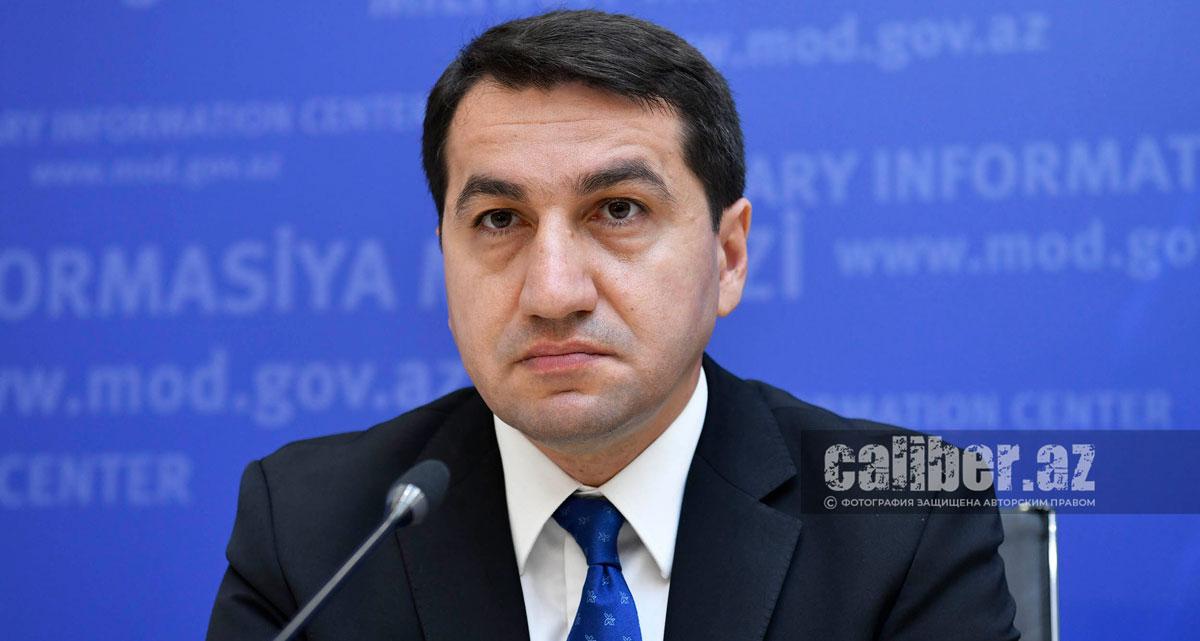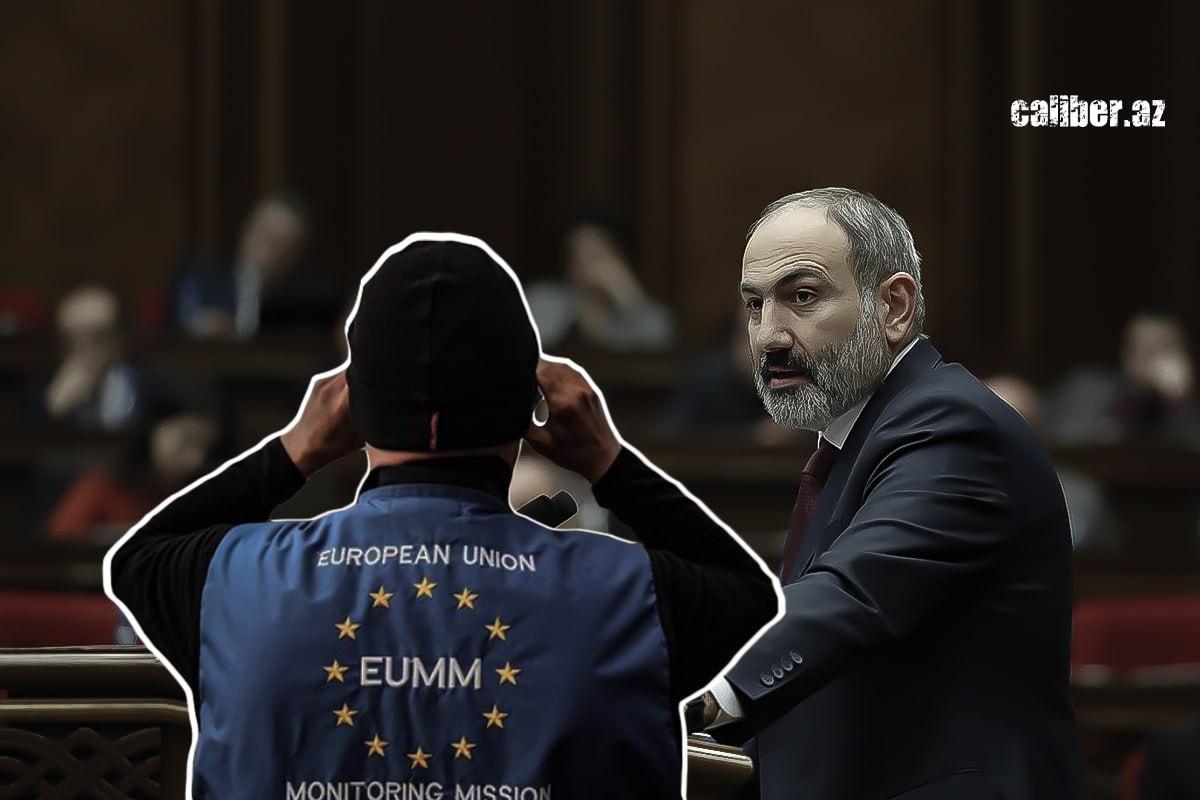Armenia’s self-inflicted threat Militarization under France’s dictate
In Armenia, the shaping of public opinion regarding the militarization of the country continues, but not through direct statements from the authorities. Instead, it is being done through various "analytical" articles. The prevailing narrative today focuses on the theme of "learning the lessons of Syria."
This argument is presented by warning about the dangers of a situation where the country is deemed "unprepared for war." In this context, the "obvious lessons of the Syrian tragedy" are used to emphasize that the country cannot withstand challenges unless it "prepares for war" and modernizes its military. As a result, "preparation for war" is portrayed as a crucial factor that influences every aspect of the country's future.
Of course, we will not focus on the claim from open Armenian sources that Syria allegedly failed to “withstand” due to the “lack of army modernization” and “unpreparedness for war.” Instead, we will highlight the fact that if Armenian analysts attribute the current situation in Syria to these factors, it suggests they are unwilling to acknowledge the true causes of the ongoing events in that country.
We cannot ignore the latest wave of openly anti-Azerbaijani calls from members of the expert community in our neighboring countries. On one hand, while Yerevan seems to highlight the importance of signing a peace agreement with Azerbaijan, it is, in fact, simultaneously pursuing an entirely different agenda.
As Azerbaijan's presidential assistant and head of the foreign policy department of the Presidential Administration, Hikmet Hajiyev, emphasized yesterday, “Serious restrictions must be applied to Armenia’s military buildup.” Hajiyev made it clear that Yerevan is far from independent in its armament policy, pointing out that “one of the main forces behind the militarization of the Armenian side” is France, which conducts its activities “in violation of international law.”

The militarization of Armenia, regardless of differing opinions, is not limited to the traditional understanding of the term. According to various encyclopedias, militarization is defined as "the buildup of military power and the subordination of a country's economy, politics, and public life to military objectives." In this context, we can also consider the Armenian government's actual refusal—no longer a stance taken by certain analysts or online portals—to amend specific provisions of the country's constitution, which, as is well known, is the foundational law that governs any state.
It is no coincidence that Azerbaijan’s Foreign Minister, Jeyhun Bayramov, emphasized that an “ultimate agreement” on the terms of the peace treaty between Armenia and Azerbaijan “has not yet been reached.” He specifically pointed to the “territorial claims” against Azerbaijan enshrined in the Armenian constitution and stressed that Baku expects “decisive steps” from Yerevan on this issue. In support of this, the Azerbaijani foreign minister highlighted the “recent decision of the Constitutional Court of Armenia regarding the immutability of the preamble” of the constitution, which references the Declaration of Independence, thereby undermining Azerbaijan's territorial integrity and sovereignty.
Thus, militarization in Armenia has taken on a historic dimension, both in terms of the country's specific armament—supported by France and other nations—and through the "constitutional platform." However, this is not the whole picture. As Hikmet Hajiyev pointed out in his responses to journalists yesterday, the time has come to conclude the EU mission on the Azerbaijani-Armenian border, as there is "no longer any need" for its presence in the region.
Moreover, during the well-known four-party negotiations, the parties had agreed on a short-term format for the mission, which, despite this, evolved into a "permanent presence," expanding both its composition and its mandate. As a result, the presence of special services personnel from several Western countries in Armenia—disguised as "civilian observers"—has also become a part of the broader militarization process. Otherwise, they would have long ago clarified the reasons for their presence, the basis for their mission, their objectives, and what exactly they are monitoring in the deployment zone.

In light of the current situation in Armenia, one cannot help but ask: has Yerevan forgotten the consequences of repeating slogans like "new war, new territories"? While we may not hear such open calls from Armenian officials today, can their militaristic actions not be perceived in a similar way? Are these actions not directed against peaceful Azerbaijan? It raises a fundamental question: in whose name and for what purpose do Armenia’s aggressive ambitions continue to be enshrined in its constitution? Furthermore, why is Yerevan relentlessly acquiring weapons? Do you think the Armenian political establishment will provide a rational answer to these questions?
The "Syrian lessons for Armenia," as stated by Armenian experts, should perhaps be understood primarily not in terms of further arming the country, but in adopting an independent foreign policy rooted in national interests, rather than fulfilling the will of external actors. At the same time, Armenia should focus on building good-neighborly relations with its neighbors. The sooner Armenia recognizes this, the closer it will bring the possibility of a peace agreement between Baku and Yerevan.








